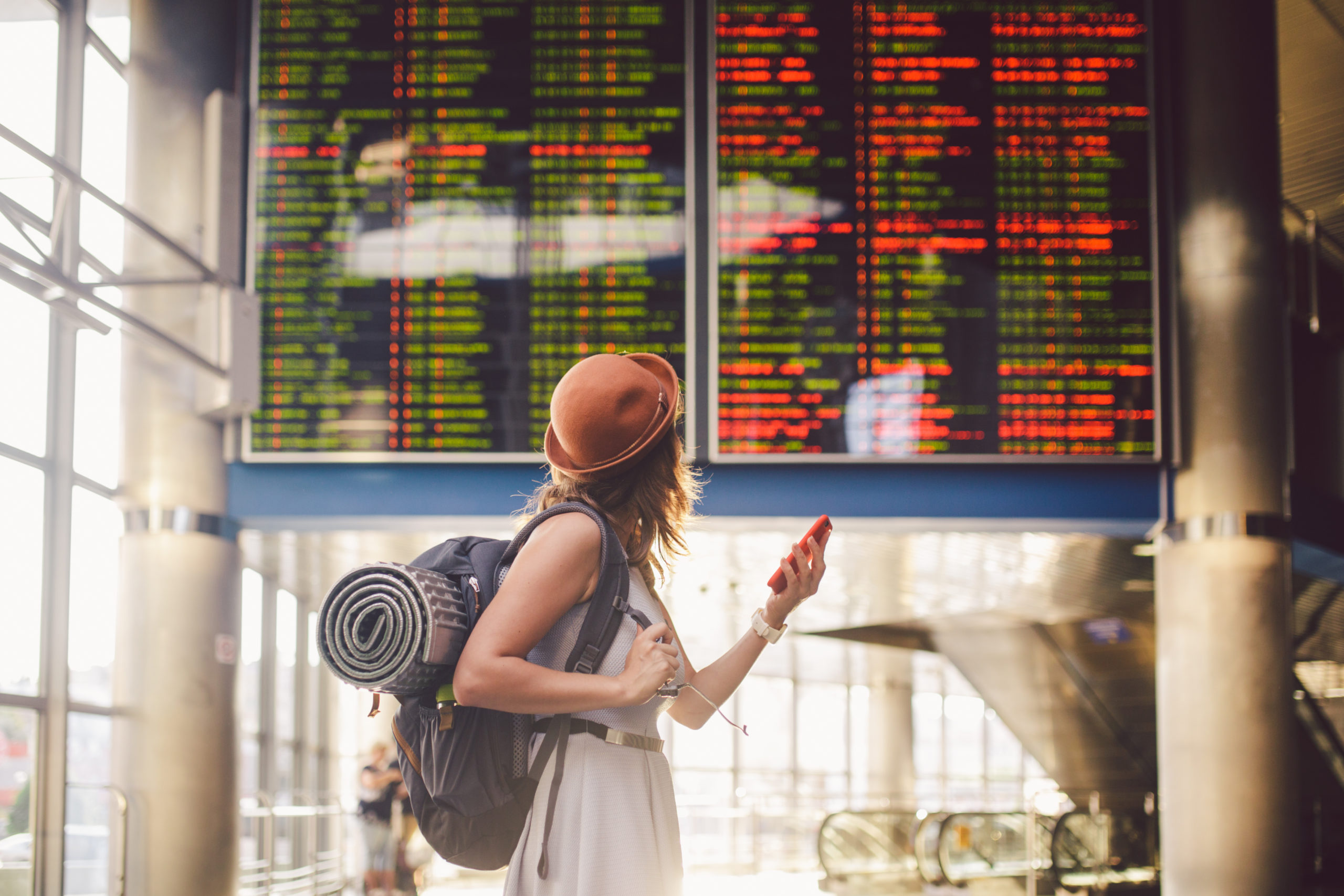Unlucky break: Will travel insurance protect you when you need it?
Australians are big travellers — at least we were before Covid hit. Now that we’re getting back out on the road and into the air again, should we protect our hard-earned money with travel insurance?
Some people might say that travel insurance is a waste of money. After all, what are the chances that something will actually happen to you while you’re on holiday? But the truth is, anything can happen when you’re away from home. And if something does go wrong, travel insurance can be a life saver. But is it really worth the extra expense? And how has Covid changed things?
Dead loss: Is funeral insurance worth the money?
Dying isn’t something any of us like to think about it, let alone discuss. But there’s little doubt shelling out $15,000 for a funeral while grieving the loss of a loved one just compounds the pain.
The fact is funerals can really be that expensive. According to Canstar, it can cost anything from $4,000 to $15,000, depending on the ceremony.
The right direction: How to get the best car loan
We love our cars. In fact, the number of registered vehicles in 2021 was almost as many as the country’s total population. But it's no secret that buying a car is a costly exercise.
In fact, the cost of a new car has risen by an average of 7.4 percent in the past year, according to the latest figures.
Add car insurance, registration and general running costs, and it's easy to see why many people opt for a loan when buying a new set of wheels. But with so many lenders in the market, how do you find the best car loan for your needs?
Future proof: Staying on top of insurance innovation
Ever thought about taking out alien abduction insurance? Curious about ‘you are not the father’ insurance? Is your golf club ever likely to need hole-in-one insurance?
Weird as these policies may sound, they are an indication of how much the industry has evolved - although not always for the better.
Safety net: Getting the most out of your insurance
We've all been told we need insurance for our car, home and health — and a few other things — to protect ourselves from a big financial hit if something goes wrong. But how much do you really know about it? And is it really the safeguard we all hope for?
Unclaimed money: Do you own a slice of $1.5 billion?
We’ve all dreamt of winning the lottery but you could already have a tidy sum — a small fortune, even - in your name and not know it.
According to the Australian Securities and Investment Commission (ASIC), there’s about $1.5 billion of unclaimed money just waiting to be returned to its rightful owners. This money may be tied up in forgotten bank accounts, life insurance policies, superannuation, or other financial accounts. If you think you may have some unclaimed cash, it’s worth doing a little digging.
Know your LED: How to buy the right TV
Buying a TV used to be straightforward. You'd simply pick a model with the largest screen that you could afford, and you’d be home on the couch with the remote in no time.
Now, there's a whole new vocabulary with bewildering terms like 8K, HDR and Quantum Dots. What does any of it mean? And how do you determine whether that $3000 television really is worth more than the one half its price?
Is pet insurance worth the money?
With more than 30 million pets across the country, Australia has one of the highest pet ownership rates in the world and we fork out a pretty penny to keep our fur babies happy too.
According to Animal Medicines Australia’s Pets and the Pandemic report, dog owners spend about $3200 a year, while feline owners spend about $2100 per cat.
Taking credit: Don’t pay for your credit report
We’ve all seen the ads encouraging us to find out our credit score or check our credit report, but how much do we really know about the process?
According to Choice, one in three Australians have no idea how credit reporting works and have never seen their credit report.
A credit report, also known as a credit file, helps financial institutions determine whether or not to lend money to an individual. A good credit history indicates that you are likely to pay your debts on time and in full. Poor credit history could make it difficult - even impossible - to get approval for loans, car leases, mortgages, or other forms of financing.
Curious about cryptocurrency? Do your homework
More than four million Australians, or almost 20 percent of the total population, own a crypto asset. And the number is rising every day. You may have read about people like Regan Gallagher, who got into the crypto game early and did very well indeed.
On the flipside, there are those who have lost everything to cryptocurrency scams. In August last year, the Australian Competition and Consumer Watchdog reported Australians lost more than $70 million and predicted that amount to double within six months.
So what exactly is cryptocurrency? Is it the currency of the future or just another way to make, or lose, money? We take a closer look.










